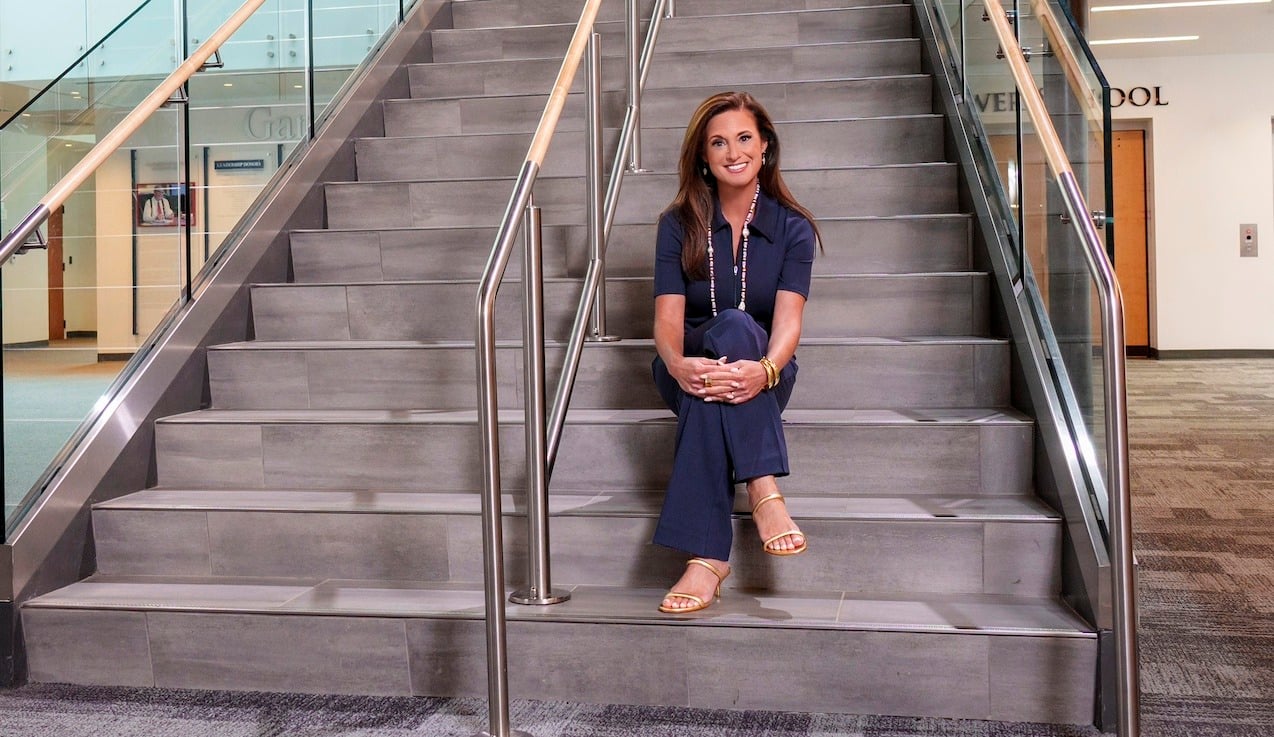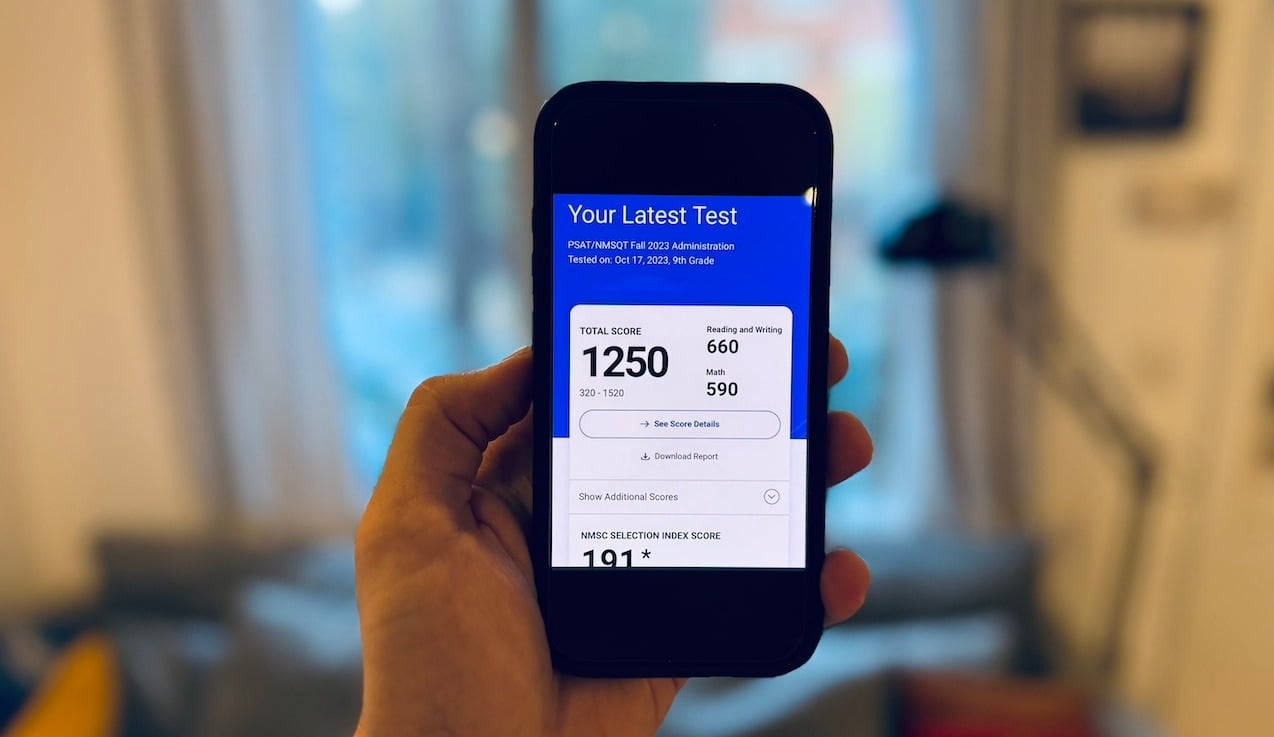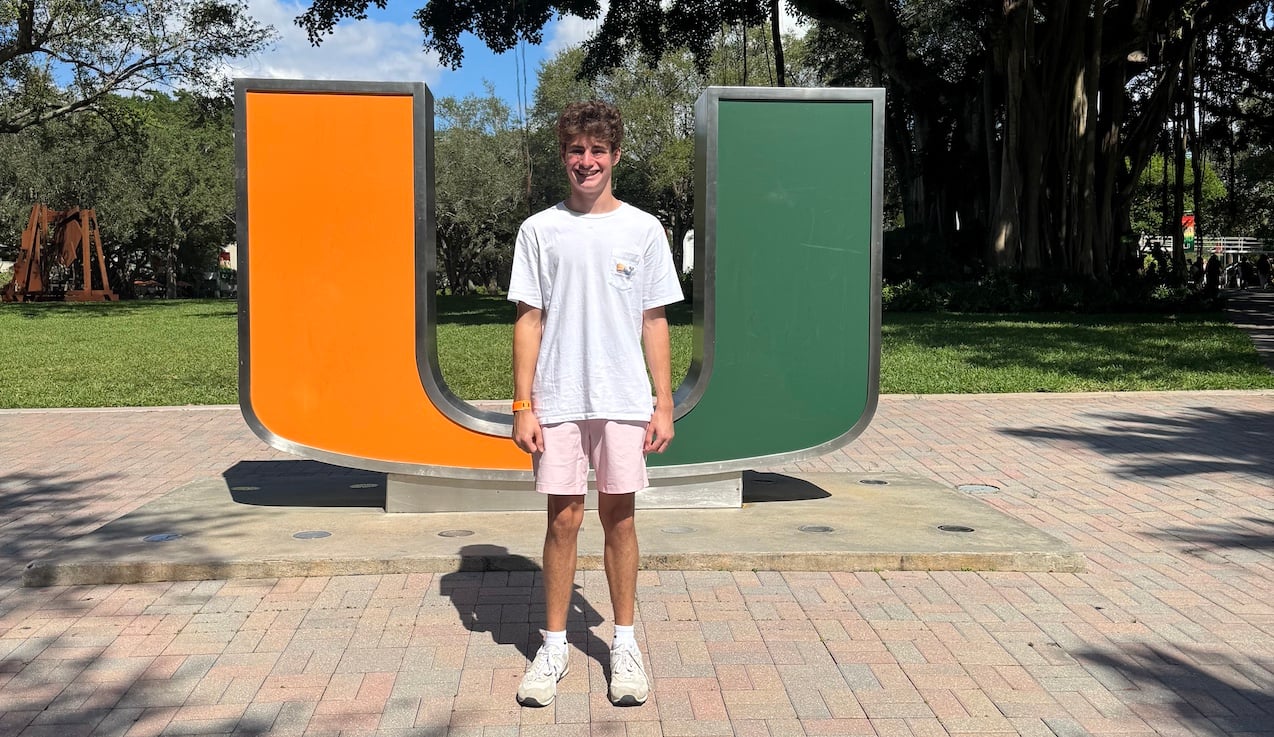Back in 1993, it was the one thing that "saved" me. My test scores were low. I knew that if I could get my foot in the door and speak directly to an admissions officer, I could prove myself.
The college interview was my superpower and I went searching for colleges that not only offered them, but valued them. I only applied to small liberal arts colleges for this reason. In fact, I crossed Colgate off my list because while it was small, it had "informational" interviews rather than evaluative ones. I remember asking my dad incredulously, "Why offer an interview if it doesn't matter?"
Fast forward to 2024 and the interview still remains at most small liberal arts colleges, although its weight has been reduced significantly in the admissions process. And most of the mid-sized and larger universities that used to offer interviews no longer do. The original college interview is becoming extinct. But why?
Interviewing is a fundamentally human process. It takes time, staffing, and patience. Sadly, college admissions offices are struggling with all three.
As application volume has increased significantly at most nationally known institutions, applications are read faster than ever. The Chronicle of Higher Education reported in 2017 that an application at the University of Pennsylvania was read in four minutes. And, many colleges like Penn read in a similarly swift fashion. Full-time staff has not necessarily increased to accommodate demand which results in a faster and, arguably, less thorough evaluation.
Unlike small liberal arts colleges which have admissions professionals and college seniors doing the bulk of the interviews, most mid-sized and larger universities rely 100% on alumni interviewers to do the interviewing for them. For decades, alumni interviewers volunteered their time in order to help their alma mater and usher in the next generation of students. But as applications increased, so did the number of interviews over the last decade, and especially the last five years. Alumni volunteers who spent hours upon hours for months on end interviewing prospective students at these institutions were spread thin. Frustration increased among alumni volunteers. Many asked, "Why should I interview all of these students if so few get admitted despite a glowing interview report?"
After the pandemic hit, Brown University announced that it would no longer be offering alumni interviews. The University of Pennsylvania announced last year that it would be shifting from its long-established evaluative interviews with alumni to an informational "alumni conversation" which has no bearing on the admissions process. Washington University ended its alumni interviewing program this year. The University of Chicago, Cornell University (besides a handful of specialized programs), and Northwestern University also have eliminated interviews. It is only a matter of time until the handful of remaining elite universities are forced to do the same.
Many of the universities that eliminated the interview are now offering a short 60-second, 90-second, or two-minute video submission in its place. These are a lot more time-efficient on the part of the admissions staff reviewing them, but they take a significant amount of time on the student's part to produce them. It is extremely difficult (and foreign in most cases) for students to present themselves in a unique and positive way, on camera, in such a short snippet of time. That is the irony of this process. Students have more essays to write, more tests to take, and more requirements than ever before. In contrast, colleges are spending less and less time on an application.
READ MORE: 5 Things I Had My Daughter Do Before Her First College Interview
The college interview is not what it once was. At some colleges, it is no longer even an option. While AI tempts stressed out high school students to help them tackle schoolwork, AI beckons college admissions professionals even more. Taking time to interview a student, write up an interview report, and review it in the context of the application is time-intensive, staff-intensive, and patience personified.
The college interview may have saved me back in the day. But I don't think it can be saved for much longer. I am not afraid of change when it comes to the college admissions process. I am only afraid of the changemakers.












